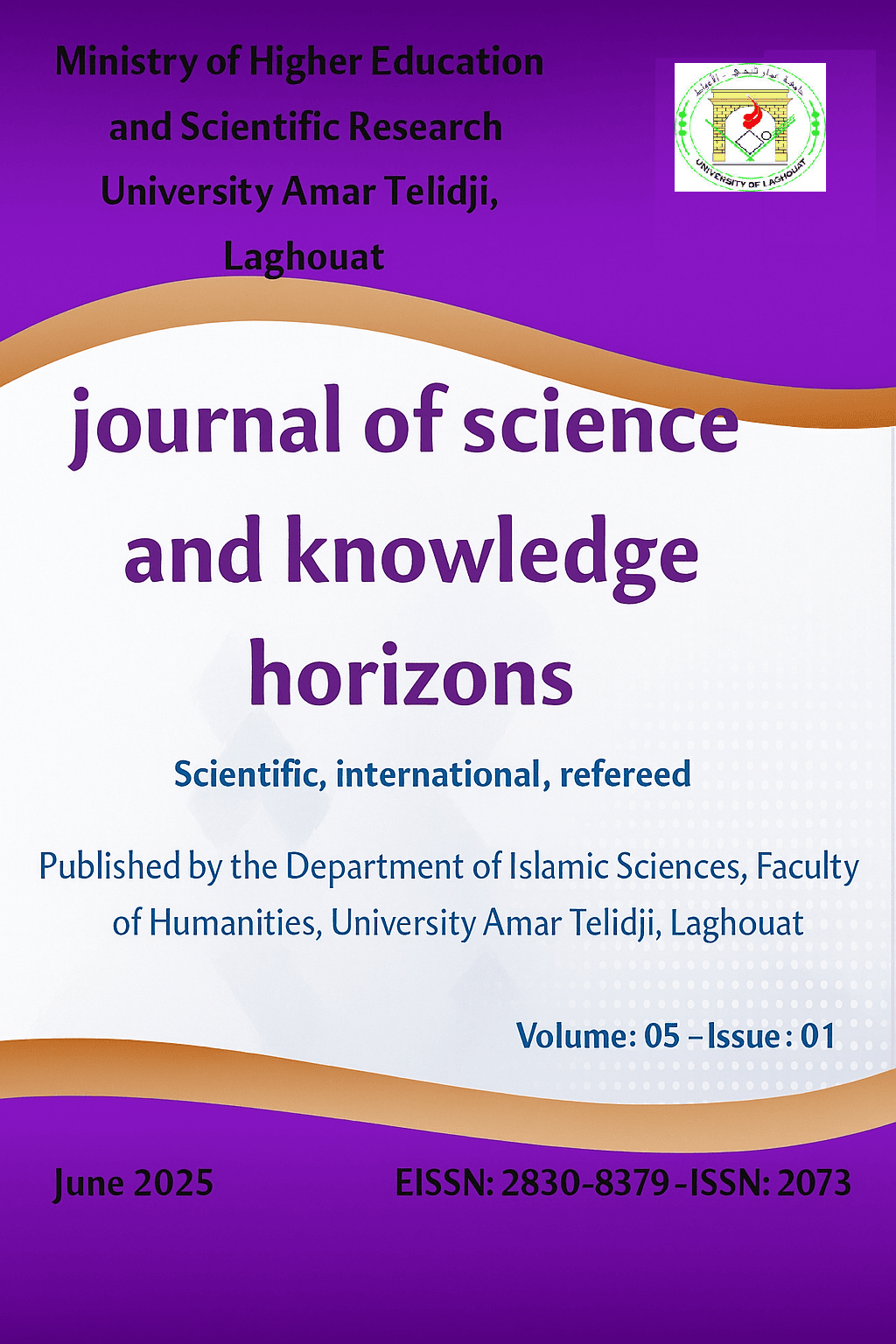Influence of artificial intelligence on students' learning and psychological well-being: a systematic literature review
Abstract
The incorporation of artificial intelligence (AI) into higher education is a major advance capable of transforming learning methods and supporting students' psychological well-being. This systematic review examines the influence of AI on academic performance and student well-being, analysing 38 studies published between 2018 and 2024. education chatbots, adaptive learning platforms, and intelligent tutoring systems are all examples of AI technologies, improve the personalisation of learning, increasing understanding, engagement and academic outcomes, while reducing stress and anxiety. However, concerns remain about technological dependency, social isolation and ethical challenges. The results indicate that AI must be used in a balanced and ethical manner, with adequate training of educators and appropriate policies. Future research should further investigate the impact of AI in various educational contexts
Downloads
References
- Al-Khaldi, N., Rashid, M., & Hussein, Y. (2020). Technological dependence and social isolation in AI-driven educational environments. International Journal of Educational Research, 8 (1), 50–70.
- Bosch, N., D’Mello, S., Baker, R., Ocumpaugh, J., & Shute, V. (2020). Using machine learning to predict the effect of adaptive learning platforms on student performance. Computers & Education, 149, 103834.
- Chen, G., & Lin, C. (2018). The effectiveness of intelligent tutoring systems in higher education. Journal of Educational Computing Research, 56 (1), 130–150.
- Chen, H., & Yang, X. (2021). Immersive learning environments: The impact of augmented and virtual reality on student engagement. Educational Technology Research and Development, 69(1), 92–108.
- Dilmi, C., & Zoubida, S. (2024). Artificial intelligence’s impact on higher education quality. Journal of Science and Knowledge Horizons, 40 (10), 606–623.
- Dupont, P., Martin, F., & Leroy, G. (2020). Reducing academic stress with adaptive learning platforms: A systematic review. Journal of Learning Analytics, 7 (2), 225–240.
- Illeris, K. (2007). How we learn: Learning and non-learning in school and beyond. Routledge.
- Luckin, R., Holmes, W., Griffiths, M., & Forcier, L. B. (2016). Intelligence unleashed: An argument for AI in education. Pearson Education.
- Ouafi, H. (2024). Artificial intelligence and the challenge of protecting personal data in light of European Directive EC/9/96 on the legal protection of databases. Journal of Science and Knowledge Horizons, 40 (40), 589–605.
- Russell, S. J., & Norvig, P. (2016). Artificial intelligence: A modern approach (3rd ed.). Pearson Education.
- Ryff, C. D. (1989). Happiness is everything, or is it? Explorations on the meaning of psychological well-being. Journal of Personality and Social Psychology, 57 (6), 1069–1081.
- Selwyn, N. (2019). Should robots replace teachers? AI and the future of education. Oxford University Press.
- Smith, A., Johnson, L., & Adams, R. (2019). Real-time feedback in intelligent tutoring systems: Enhancing student learning and motivation. Journal of Artificial Intelligence in Education, 30 (2), 130–150.
- Wang, Y., & Liu, Q. (2021). The role of chatbots in enhancing student engagement and motivation. Educational Technology and Society, 24(2), 60–75. Williamson, B., & Eynon, R. (2020). Transparency and accountability in educational data: AI and algorithmic fairness. Journal of Educational Policy, 35 (2), 200–220.

This work is licensed under a Creative Commons Attribution-NonCommercial 4.0 International License.













